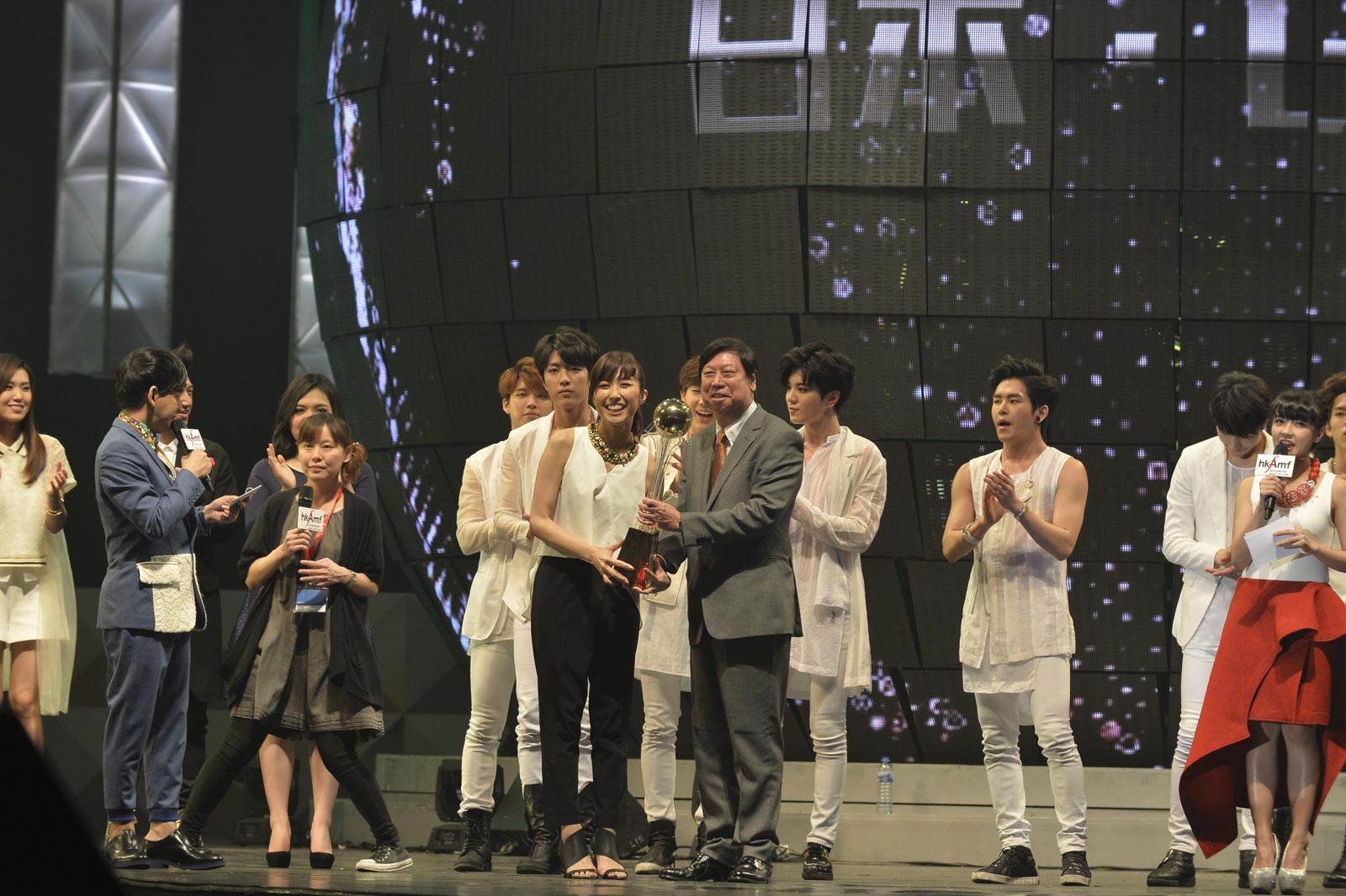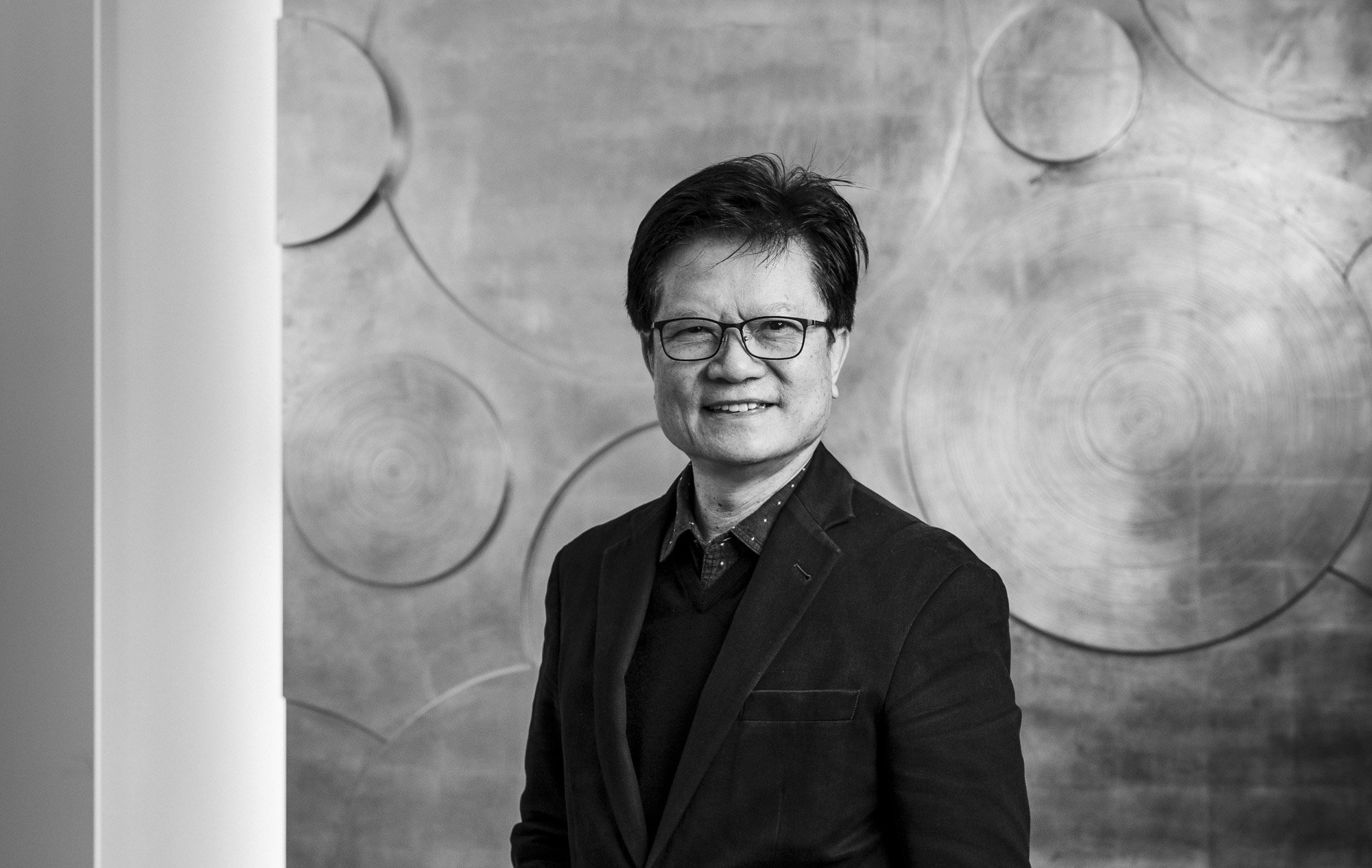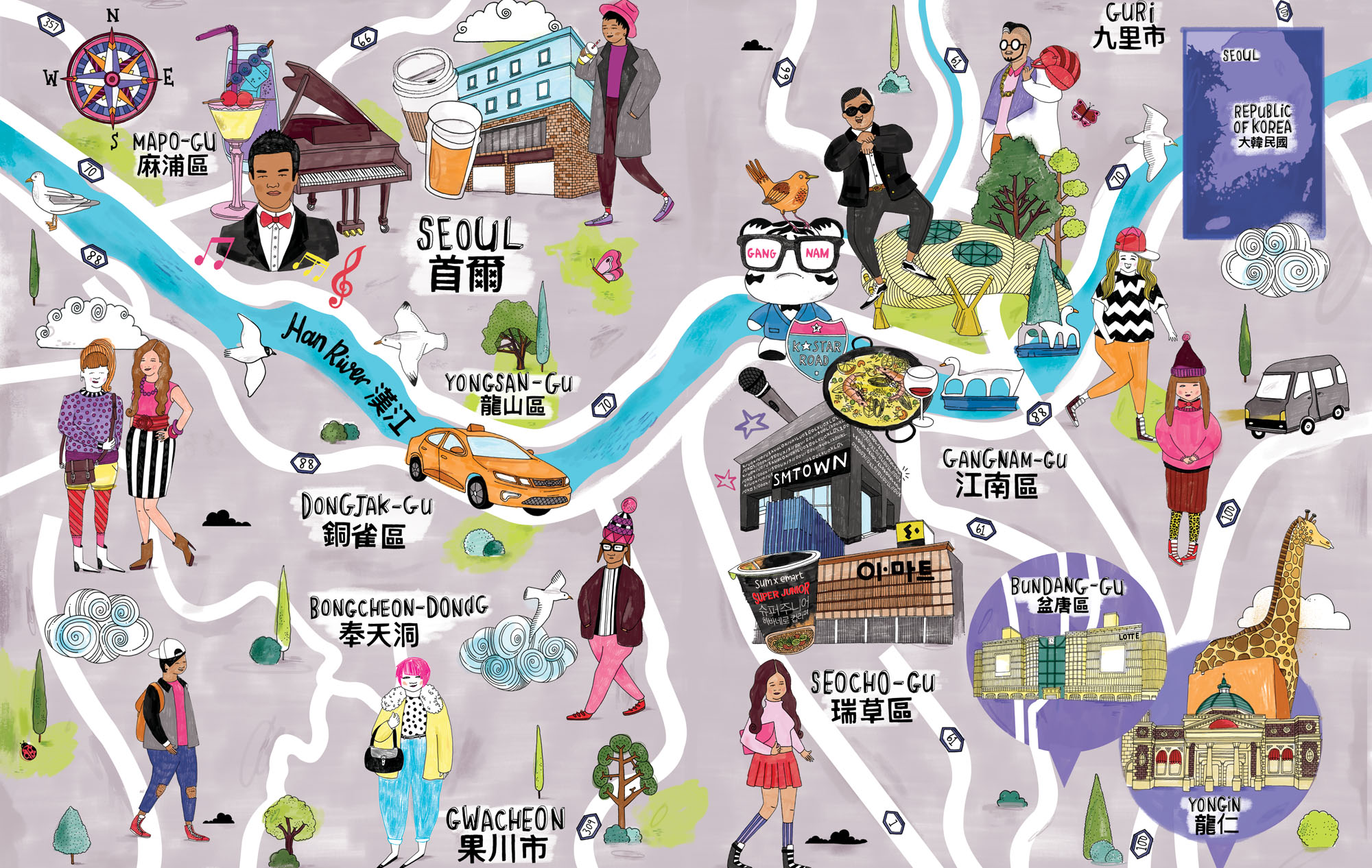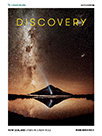The International Federation of the Phonographic Industry (IFPI) represents the music industry. How is the industry unique in Asia?
One way it’s unique is its very big karaoke market. Each region has its own repertoire and languages – it’s more like Europe in that sense, rather than the US – and if we put them together we have a formidable market size and diverse music. For a long time, Hong Kong was the kingpin of Asian entertainment, exporting music, film and TV shows – until 20 years ago, when the internet emerged.

How is the industry adapting to the proliferation of streaming?
With so much unauthorised content available, the industry has suffered a lot in terms of legitimate sales. But it’s adapted by focusing more on artist management and live entertainment. Streaming has actually propelled the music audience to go to concerts to experience the music they love in a live environment. The recording industry drives all of these activities; it is wrong to say the record business has died.
What evolution will we see in the coming years?
One trend among Hong Kong’s major record companies is that they now oversee every aspect of entertainment, even movies and modelling agencies. This business model helps them monetise their investments in artists and repertoire. We are also seeing a wave of independent artists forming their own labels to fight for a piece of the market. The internet has made channels available to them to expose their music, so the world over we are seeing artists going direct to internet. We’ll continue to see more of this.

This month IFPI is organising the ninth Asian-Pop Music Festival in Hong Kong. What are the goals of the event?
To respond to the changes in the industry, we must look at the Asian market as one market. Born of this belief, the AMF showcases the music cultures of different markets in one annual event. There’s a networking forum for players in the market, performances by established stars (such as B1A4) and also the Supernova song contest, with singers coming from our participating regions – Hong Kong, the Chinese mainland, Japan, South Korea, Chinese Taiwan, Singapore, Malaysia, Thailand and last year’s newly added Vietnam.
How does the Supernova contest work?
Each region puts forth a singer for the contest, and the judges cannot cast votes for the contestant from their own region. It is a fair contest; even we have no control over the outcome. Without fail, the audience always love the contestants and are surprised at their artistry and abilities, wherever they’re from. The contest is based on Eurovision, which took 18 editions to discover ABBA, in 1974. I hope AMF can grow faster than Eurovision did.

What advantages does Hong Kong have as host of AMF?
We use Hong Kong as a base because it is, after all, one of Asia’s freest markets. And behind us is the Chinese mainland, which is a prominent factor as we increasingly talk about the strategic importance of southern China’s Greater Bay Area.
Cathay Pacific is the official flyer of 2019’s Hong Kong Asian-Pop Music Festival, held 22 March. Tickets are available to the public for free through various channels.













